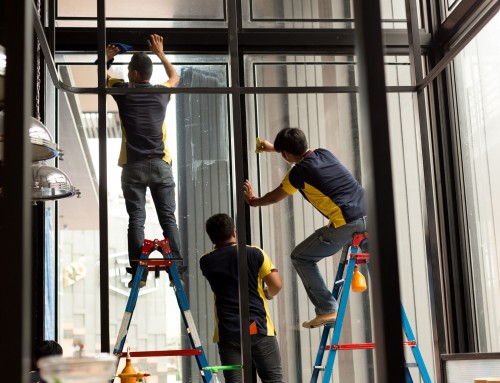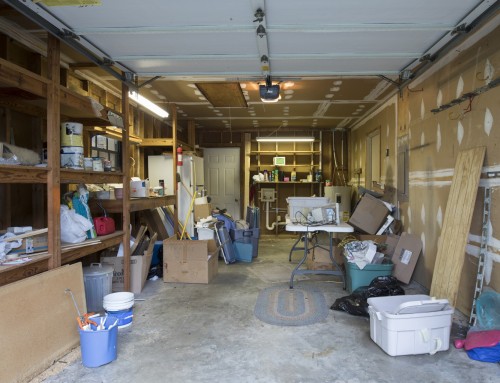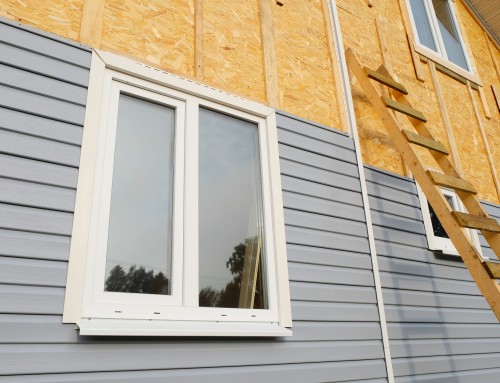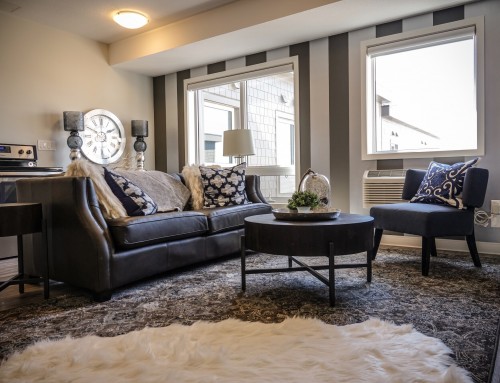Looking to buy a house?
It’s sure to be an exciting (if daunting) prospect!
Around 6 million homes are sold every single year in the United States. And, of course, for every sale, there’s a happy buyer waiting to start a life in their new house.
Needless to say, though, taking the step to homeownership is a big deal. With hundreds of thousands of dollars on the line, it isn’t a decision to either rush or take lightly!
There are tons of things to consider before buying a house.
Fail to keep them in mind and you risk all manner of issues in the road ahead. In worst-case scenarios, everything from the building to the housing market itself could collapse.
Looking for some quality house-buying advice to help you avoid such calamities?
Read on for seven essential considerations for anyone thinking about buying a property.
1. The Benefits of Renting
You’ve heard it all your life: real estate is the best investment you can make.
But it’s easy to be blinded by the status quo.
We suggest that you stop and take a pause. Ask yourself why you actually want to buy a house. Is it possible that you like the idea of it more than the reality of the process?
Of all the things to consider when buying a house, remembering the benefits of renting is all-important. For instance, consider the following.
First, there’s no maintenance! Any issues get sorted and bankrolled by the owner. That’s super convenient and makes your life far less stressful.
Likewise, you have ultimate flexibility. Want to quit your job and travel the world? Then go for it.
There’s no mortgage to cover in your absence. Consider the pros and cons and move forward from there.
2. The Deposit
Buying a house is a serious investment.
You could be paying off the mortgage for the next two decades or more! You have to make sure that it’s affordable.
A big part of that is getting the 20% down payment together. Don’t, and expect a host of extra payments to come your way.
We know, 20% is an enormous sum of money. On a $250,000 property it amounts to $50,000! Handing that over to a bank is nothing to take lightly.
However, it’s in your long-term financial interest.
Why?
Because the bank will probably require you to pay insurance on the mortgage if you can’t get the deposit together. That, in turn, adds approximately another 1% onto the interest rate.
That 1% really adds up over the course of a 20+ year mortgage.
3. The Neighborhood (and the Neighbors!)
You want to make sure you’re finding a property in the best place possible.
That means a sought-after location that’ll ensure the house appreciates in value. You’ll want a neighborhood with low-crime, proximity to great schools, and fun things to do.
Of course, prized locations mean higher real-estate prices.
It’s up to you to find the right balance for your budget. Pick a location/neighborhood that gives you the best bang for your buck. Think about your particular needs and tastes and ensure the location meets them.
Likewise, find out more about the neighbors if you can. You might not choose your in-laws, but you do have some say over who you live next door to! If you can find out what they’re like in advance, then you can save yourself problems in the future.
4. The Building Itself
Settled on a location and found a property you think is perfect?
It’s time to dig a little deeper.
We can’t overstate the importance of inspecting the building for any hidden flaws. Pay for a professional to give it a solid once-over.
You’re looking for anything that could come to bite you as a new homeowner. Maybe there’s mold in the bathroom, cracks in the foundations, or other serious structural problems. Miss them and you’ll suffer the financial and practical consequences.
Only agree to hand over your cash when you know for sure what you’re buying.
5. The Lot
It’s also worthwhile inquiring about the lot the building sits upon.
Make sure you know exactly what you get for the money.
Where does your lot end? Where does the neighbor’s begin? The last thing you want is to make assumptions.
You could end up with far less ground than you’d expected.
Again, it comes down to diligence and understanding. Knowing exactly what you’re buying is the best way to avoid disappointment.
6. The Future
The process of buying a house can feel all-consuming!
You might find it hard to see past the present moment. However, it’s worth looking towards the future when deciding a house for your present.
After all, you’ll be living in this property for a considerable length of time. It’s worth ensuring that it’ll suit you just as well in five years as it would now.
Think about where you are in life and what changes might lay around the corner. For example, will you want kids in the near future? If so, then is there enough space in the property for a little nursery?
The same goes for the neighborhood. What’s expected for it?
Is it seen as a happening place with potential for growth? Or are businesses leaving the area as rates of crime increase?
Make sure you know what you’re getting into.
7. The Flip
One last point before we warp up.
Be realistic if you’re considering buying this property to flip. Many people look to make a quick buck on an old house. They buy it on the cheap, fix it up, and try to sell it for a profit.
That’s called flipping.
And it’s easier said than done! Expect to spend more time and money on it than you might like. You could end up in a lot of debt and no buyers in sight.
Remember These Things to Consider Before Buying a House
We hope these things to consider before buying a house will help you as you get started on your journey!
Want to read more articles like this one? Search “real-estate” on our website for more great content.











